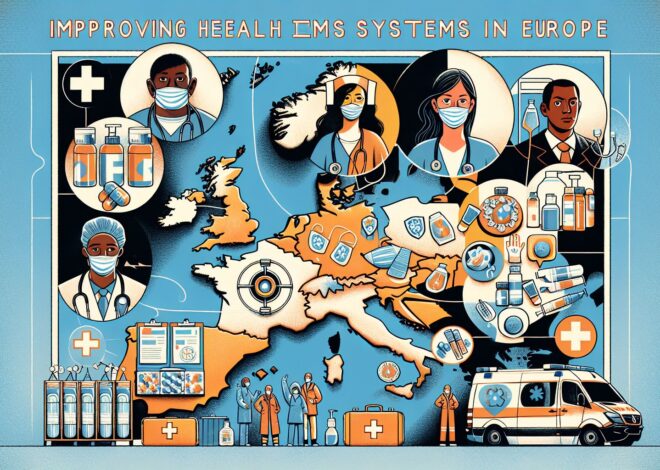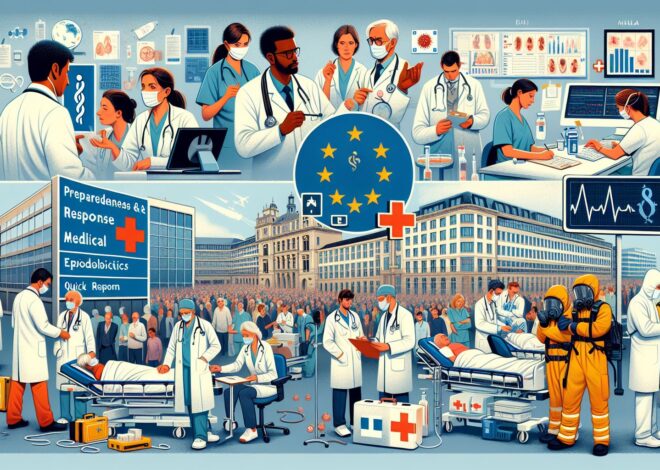
The Preparedness and Response of European Health Systems
In recent years, European health systems have been put to the test like never before. From outbreaks of infectious diseases to natural disasters and now the global COVID-19 pandemic, the ability of health systems to respond quickly and effectively has never been more critical. In this article, we will explore the preparedness and response of European health systems, addressing health professionals, policymakers, and concerned citizens.
Preparedness
Preparedness is key when it comes to effectively responding to health emergencies. European health systems have made significant strides in the area of preparedness in recent years, developing robust systems for early detection and surveillance of diseases, as well as stockpiling essential medical supplies and equipment.
Health professionals play a crucial role in ensuring that health systems are adequately prepared to respond to emergencies. Through ongoing training and education, health professionals can stay up-to-date on the latest protocols and guidelines for responding to health emergencies. This not only ensures that they are well-equipped to provide the necessary care to patients during a crisis but also helps to prevent the spread of disease within healthcare settings.
Policymakers also play a vital role in ensuring that health systems are prepared to respond to emergencies. By investing in public health infrastructure and developing policies that support the rapid and effective response to health emergencies, policymakers can help to ensure that health systems are able to meet the challenges posed by emergencies when they arise.
Response
The response of European health systems to recent health emergencies has been a mixed bag. While some countries have been praised for their quick and coordinated response to crises, others have struggled to effectively contain the spread of disease and provide adequate care to those affected.
One of the key factors that determine the success of a health system’s response to an emergency is the level of coordination and communication between various stakeholders. Health professionals, policymakers, and concerned citizens must work together to ensure that the response effort is coordinated and effective. This includes sharing information quickly and accurately, mobilizing resources as needed, and implementing measures to prevent further transmission of disease.
Another important factor in the response of European health systems to emergencies is the availability of resources. From medical supplies and equipment to healthcare personnel, having the necessary resources on hand is critical to mounting an effective response to health emergencies. This is where the role of policymakers becomes crucial, as they must ensure that health systems have the resources they need to respond effectively to emergencies.
Conclusion
In conclusion, the preparedness and response of European health systems to health emergencies are critical to ensuring the health and safety of populations across the continent. By investing in preparedness efforts, including training for health professionals and the development of robust public health infrastructure, European health systems can better respond to emergencies when they arise. Additionally, by fostering collaboration and communication between health professionals, policymakers, and concerned citizens, health systems can more effectively coordinate their response efforts and ensure a swift and effective response to health emergencies.
As we continue to face new and evolving health threats, it is essential that European health systems remain vigilant and continue to invest in preparedness efforts. By working together and staying committed to the health and well-being of all citizens, European health systems can better protect populations from the impact of health emergencies and ensure a healthier future for all.



